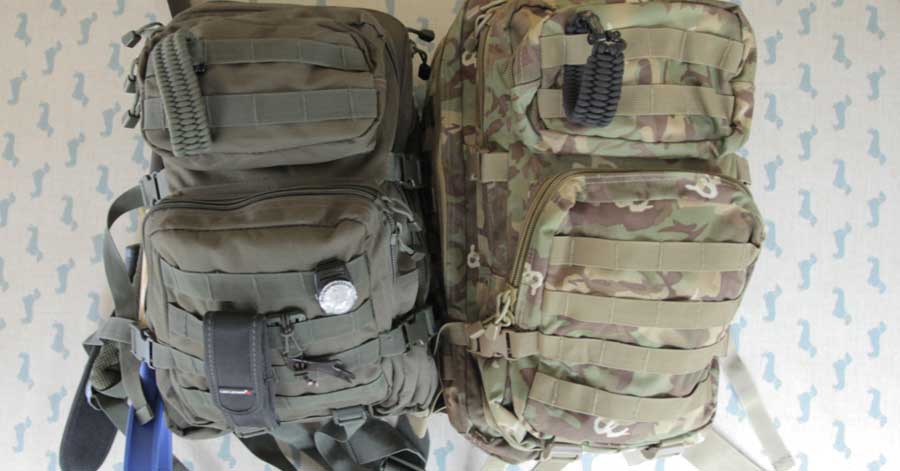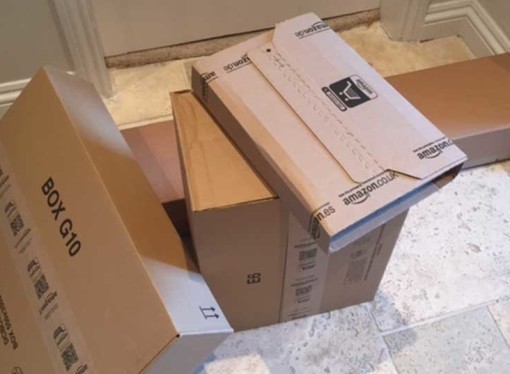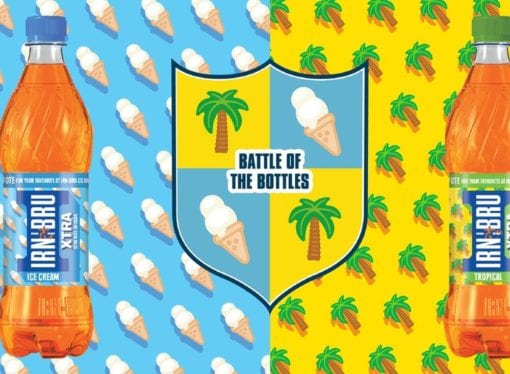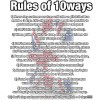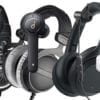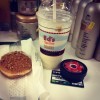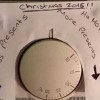These bags will support you for 72 hours if something major happens (e.g. earthquake, war, flooding, nuclear strike, etc.) and it becomes unsafe to leave your house or you need to leave your home urgently (but want to guarantee you can drink fresh water, eat, stay warm and shelter).
Before we start, many people will think these are stupid, a waste of money, etc., and hopefully, they’re right. We hope we never have to use them, but we see them as an insurance policy that might someday save our lives or make an extremely stressful event slightly less stressful. It seems worth it to us. You can also use the majority of these packs for weekend camping trips, etc., so it’s not a complete waste of money.
It’s important to have these ready in a location that the whole family is aware of. Also, ensure you keep food and drink regularly checked.
In general, survival requires building shelter and having water, so base your kit on that; everything else is a bonus. Be careful not to get too excited and order loads, and keep checking the weight of your packs; there is no point in building a kit if you cannot lift it or walk with it for several miles, also ensure each kit has a mix of essentials in case you get split up or similar.
Warning: Locking knives / Guns etc are dangerous and often are illegal to carry around for no reason. Don’t be an idiot with them and check the law for each item you purchase!
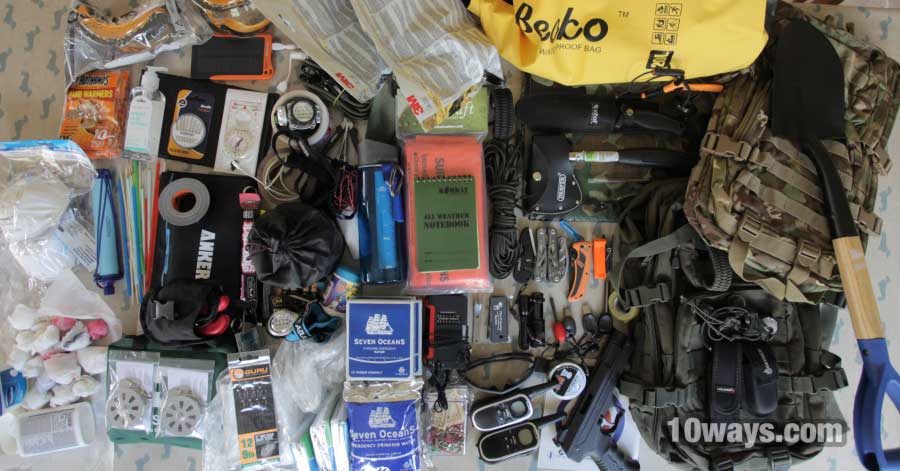
Things we have in our bags
The bags themselves
 37 Litre MilTec bags (1 per adult)
37 Litre MilTec bags (1 per adult)
Water
- Lifestraw x 2 – Filters 1000 litres of water (including the newer one that screws on to water bottles)
- A selection of bottled water options (stored alongside the bags, in various sizes)
- A pack of water purification tablets
Cooking / Fire
- Flint / Fire lighter (& this larger one)
- A wood burning stove (we use this combo) – These are expensive but really great options that allow you to cook with a variety of fuel sources
- Catapult for hunting
- Cotton Wool Wax Tinder (sanitary towels are good for this but also just normal cotton balls), cover in petroleum jelly & then covered in ideally unscented wax, paraffin wax or tinfoil for waterproofing.
Shelter / Sleeping
- Survival Sleeping Blankets (x 2) + 2 more in cars
- Foil Blankets
- Camo Tarp
- At home we obviously have bedding we could grab but we also have sleeping bags near to these kits as well should we need to leave the house or cannot heat the house suddenly
First Aid / Personal Hygiene
- First Aid Kit
- Antibacterial hand & surface spray
- Alcohol Gel
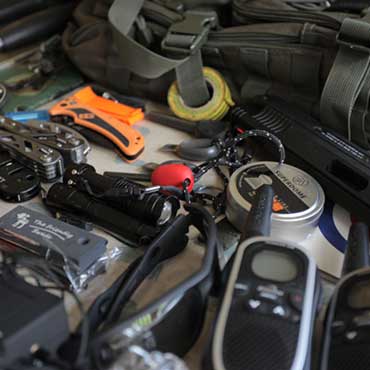
- Small Toothbrush & Toothpaste (free from the Dentist)
Tools
- Gerber Suspension Multi-tool – These are super useful for endless tasks
- Gaffa Tape / Waterproof tape
- 2 large bin liners
- Wind up / Solar Radio
- Paracord Bracelets – Paracord can be used to tie anything
- Compass
- Bungee Cords – From creating shelters to holding items
- An Axe
- A pistol for hunting (.177) – Purchased from local Gunshop
- A few pairs of Nitrile Gloves
- Kombat Waterproof Notepad
- A wad of £5 notes (carrying something easy to exchange is worth having)
- Walkie-Talkies
- Pocket Hand Saw
- Bushcraft BCB Distress Whistle
- Sunglasses
- 20L Dry Bag to keep things dry
- A compact shovel
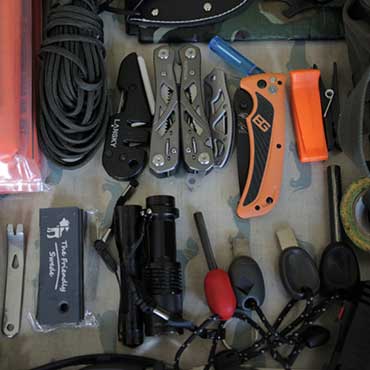
Lighting
Protection (Air and Eyes)
- 3M FFA2P3 Respirator (1 for each adult)
- Goggles x 2
Power
- USB-C Battery Bank 20,000mAh or more
- Solar Charger
- Various USB Cables for phones, batteries and devices
Miscellaneous
- Map of local areas saved on phone + a local Ordnance Survey Map
- Photocopies of important documents (driving licence, ID, birth certificate, passport etc)
- Additional cash – Remember banks may not be accessible
- Sleeping bags – To survive 72 hours at home we wouldn’t need these obviously we store them near to the bags in case we would need to leave quickly.
- Suitable change of clothes + spare pair of boots

